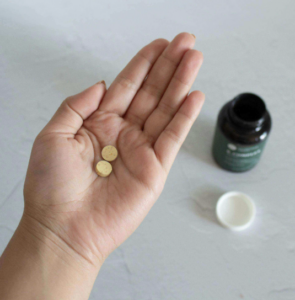Holidays are a time of celebration, gatherings, joy, and gratitude. People plan parties and family gatherings, kids get a break from school, and our homes and streets are often awash with festive decorations. There is, however, a darker side to the holidays as well, one that can easily unbalance our mental health. Stress, feeling overwhelmed, guilt, grief, and exhaustion often accompany the more festive feelings. If not managed, these emotions can overshadow the more pleasant aspects of the season, leading to holiday depression.
Let’s explore the season’s stressors and how we can deal with them.
5 Holiday Stress Triggers

This time of year can be exceptionally challenging, especially for people with mental health issues or those navigating big changes in their lives. Christmas and holiday depression are not uncommon, and it’s important to acknowledge it and take action to support our mental health during stressful times. The specific set of triggers and holiday stressors are different for everyone, but there are some common themes that crop up this time of year.
Financial Pressure
With added expenses of celebratory feasts, gifts, travel costs, and often missed work, the holidays can be a time of financial strain. This can be especially difficult for people already living paycheck to paycheck or relying on a fixed income.
Environmental Factors
In much of the United States, the winter months are darker and colder than other times of the year. Less sunlight can contribute to holiday depression by reducing the amount of mood-boosting vitamin D in our bodies. In addition, the snow and cold may prevent us from enjoying as many outdoor activities and can aggravate medical conditions like asthma or arthritis.
Social Obligations and Time Constraints
There is a strong emphasis on celebrating our relationships with family and friends around the holidays, and there are often additional demands on our professional time as well. While, in many cases, celebrating the people we care about can strengthen bonds and increase our appreciation of one another, it can also put pressure on us to overextend ourselves, leading to burnout.
Grief
Although time spent with family and friends is often rewarding and restorative to our mental health, it can also remind us of people we may be missing at this time of year, either because they have passed on or moved away. Those of us with grown children may also feel nostalgic about past traditions they may have outgrown, like leaving cookies and milk out for Santa.
Unrealistic Expectations

The movies, songs, and stories around Christmas and the holidays can also lead us to have unrealistic expectations. The expectation to have or host a “perfect” holiday season can pressure people to join in activities they don’t enjoy, suppress feelings of sadness or anxiety, or try to do more than any human can do. Holiday depression may set in when they cannot maintain these unrealistic expectations.
5 Remedies for the Holiday Blues
Maintaining our mental health is as essential for our overall well-being as keeping up with physical fitness. Depression and anxiety can increase our risk for many types of physical health problems, including diabetes, heart disease, and stroke. As you can see, many triggers can lead to holiday depression and anxiety. Fortunately, there are also many actions we can take to help ease our distress and improve our mental health.
Explore Nature
Although there may not be as much greenery in the winter, and flowers may not be in bloom, there is something to be said about the quiet beauty of a snow-filled field. Snowshoeing or hiking on a slightly warmer day can be invigorating, and bird watching is often rewarding in the winter. On colder days, you may be able to visit a nearby wildlife preserve by car or drive to a favorite scenic area to enjoy the novelty of seeing it covered in white.
Connect with Others

The overstimulation of the season can sometimes lead us to seek isolation. While some solitude is healthy, it is important not to hide ourselves away from the world too much. If you have family members who are hard to deal with this time of year, try to spend an equal amount of time with the friends and family that make up your support system. Find ways to share time with friends and family that are meaningful and allow you to connect with them.
Examine your Expectations
Unrealistic expectations around the holidays, whether fueled by movies, social media, or familial pressures, can be extremely detrimental to your actual holiday experience. The holidays are unlikely to be perfect. Disagreements and disasters, small and large, are common during these times, and whether or not your holiday is remembered as happy or horrific can often be attributed to how the people involved handle disagreements and adjust to the disasters.
Set Boundaries
Setting reasonable boundaries is an effective way to protect yourself from the ever-present excesses of the holiday months. These can include limits on food, drink, social interaction, and even spending. Remember to make your goals and boundaries attainable and to be flexible when things don’t quite go to plan. Setting unrealistic goals may lead to additional stress rather than relieving it.
Self-Care
When making plans during the holiday season, it can be tempting to prioritize others’ needs over your own, but this can be one of the fastest ways to fuel burnout. Schedule time to take care of yourself physically, mentally, and emotionally during the holiday season and honor that schedule.
Acknowledge the feelings you experience around the holidays, good and bad, and allow yourself the time and space to deal with them. If you are struggling, know that you are not alone. Holidays can be difficult for many, but they can also be a time to find genuine connection, healing, and joy. Don’t hesitate to spend time recharging in solitude, reach out to your support system, or seek professional medical or psychiatric advice.

Holiday Health Boosters

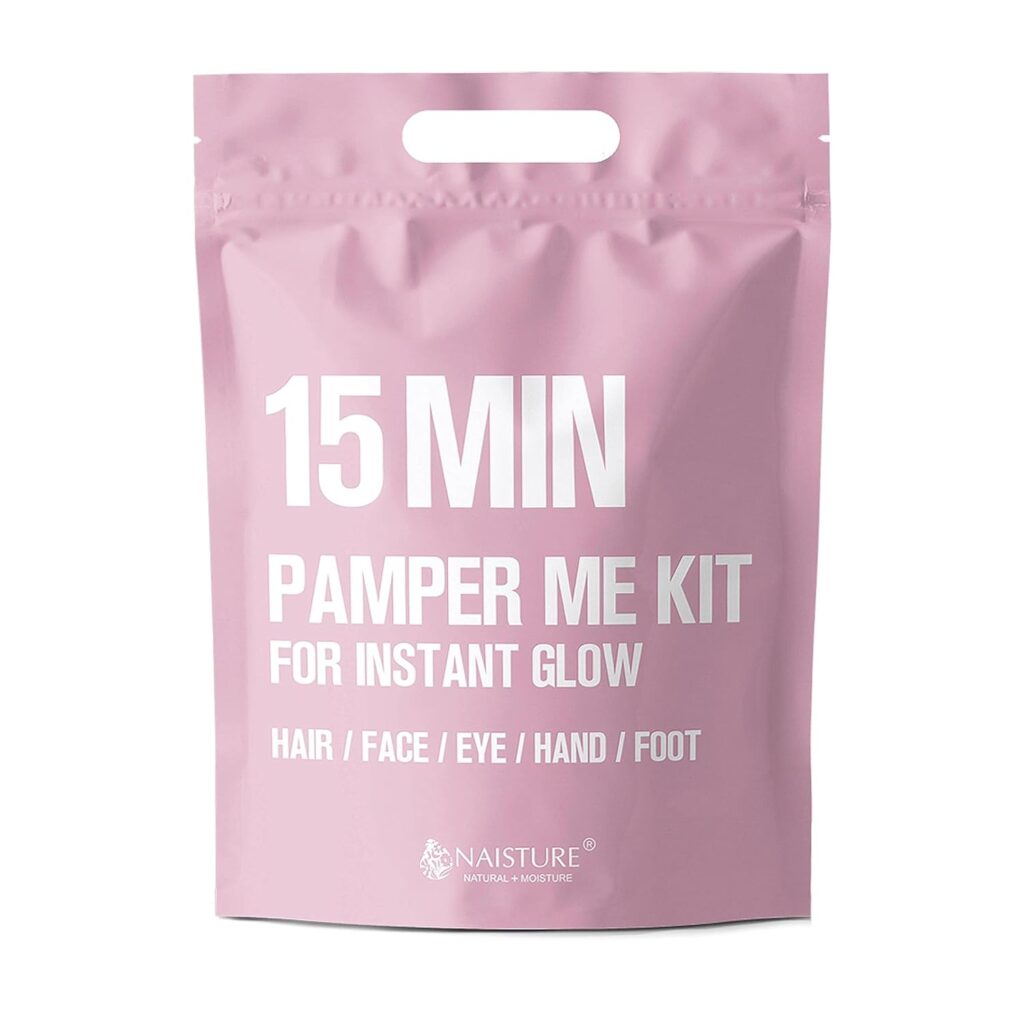
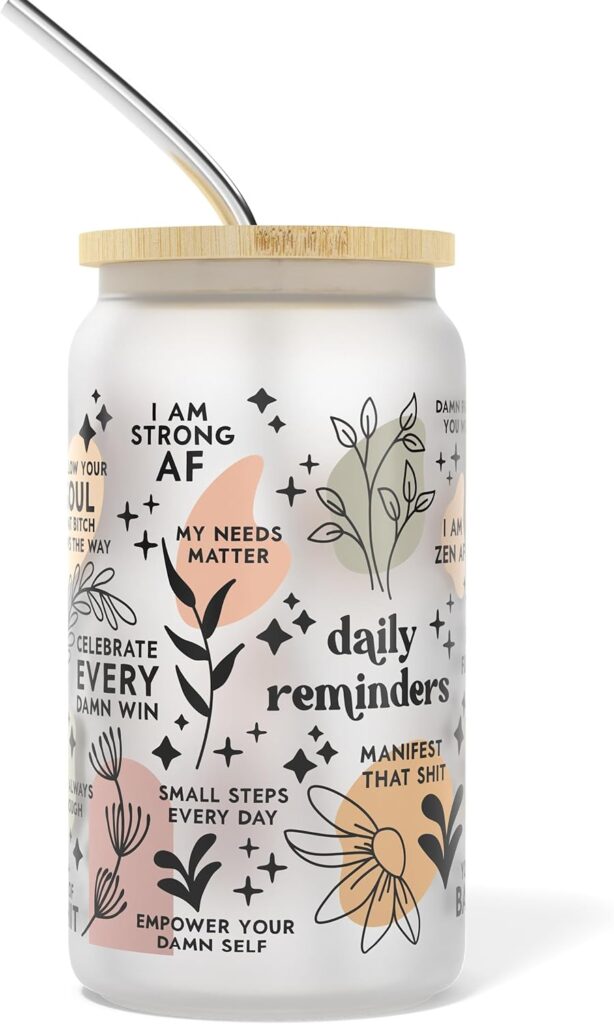
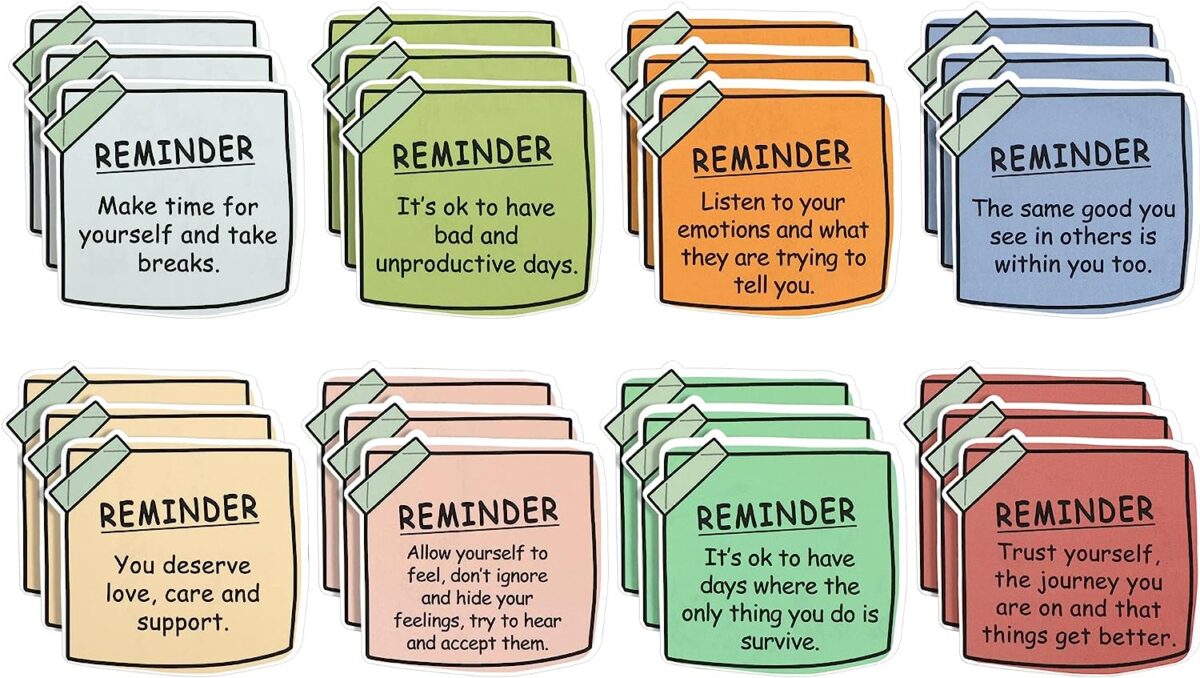
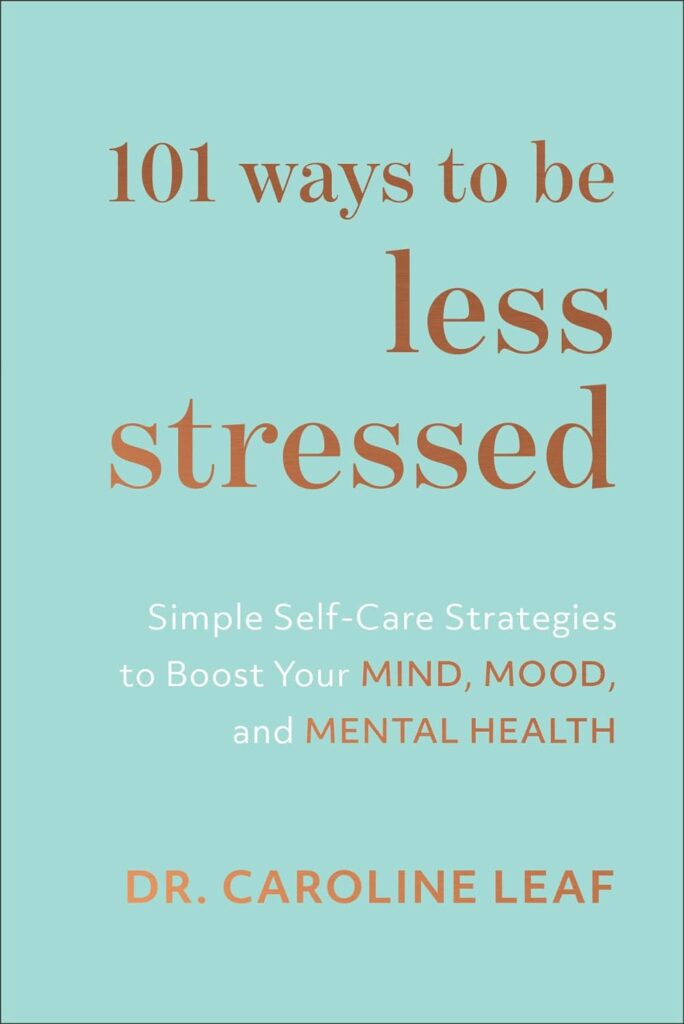
Read Next:
Do Not Let the Crab Mentality Hold You Back
4 Supplements for Better Mental Health
Surviving the Holidays with Grace: 3 Strategies to Disarm Your Emotional Triggers




